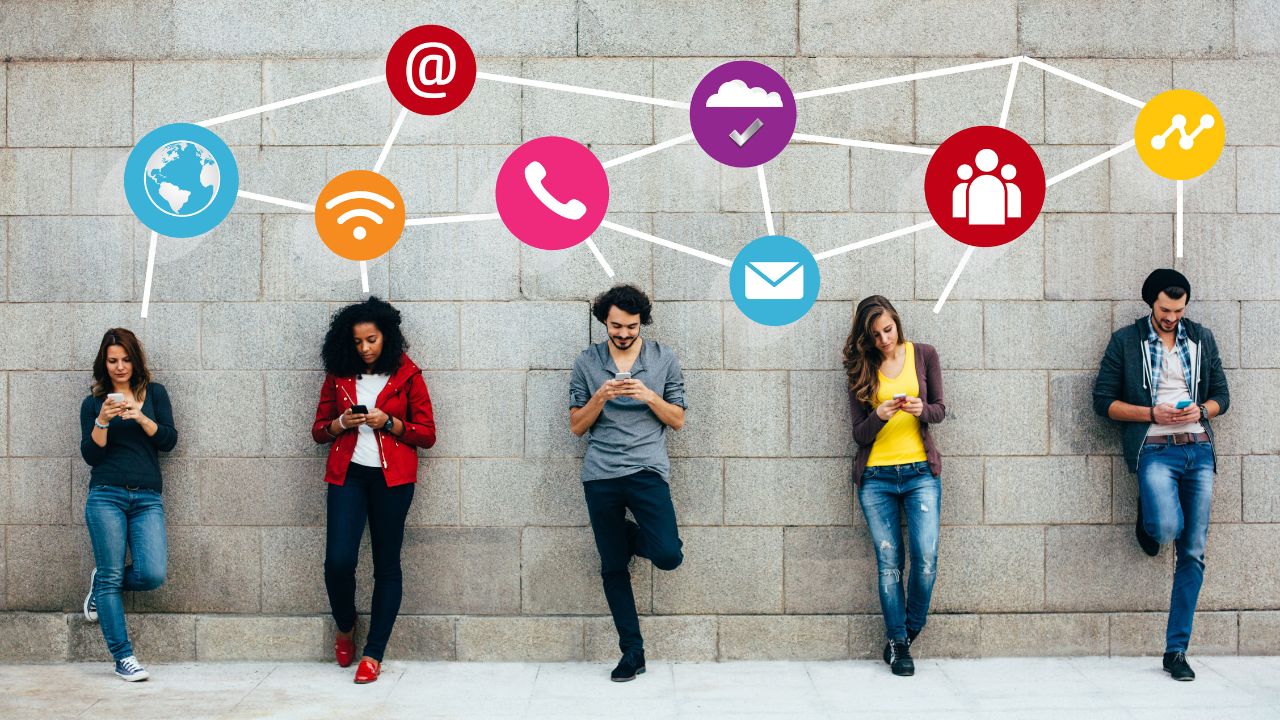In the digital era, the influence of social media platforms on today’s youth is a growing concern. With the prevalence of social media apps like Omegle, adolescents are exposed to a complex landscape of opportunities and potential harms.
As adolescents increasingly interact with platforms such as Omegle, it’s essential to comprehend the potential adverse effects on their mental well-being, personal growth, and overall development.
Challenges such as cyberbullying, exposure to inappropriate content, and the presence of online predators highlight the need for vigilance and awareness among parents, educators, and guardians.
For those who have encountered distressing situations on social media apps like Omegle, speak to an Omegle lawsuit lawyer who can offer valuable insights and support. This listicle will explore the negative effects of social media on young people, highlighting the various risks they face in these online spaces.
The Digital Reality
The digital landscape has introduced new dimensions to mental health challenges among youth. While social media can provide a sense of belonging and interconnectedness, it can also create distorted perceptions of reality.
The constant exposure to carefully curated posts depicting seemingly perfect lives can lead to social comparison, fostering feelings of inadequacy, anxiety, and depression.
The gap between digital representations and real-life experiences can fuel a cycle of discontentment and negatively impact mental well-being.
Cyberbullying and Online Harassment
The rise of social media platforms has ushered in a troubling phenomenon—cyberbullying and online harassment. The virtual realm provides an avenue for harmful behaviors under the cloak of anonymity, leading to emotionally distressing experiences for youth.
Cyberbullying and online harassment can result in isolation, emotional turmoil, and even profound negative effects on academic performance. Addressing this dark side of digital connectivity is imperative for creating a safe and nurturing online environment.
Social Comparison and the FOMO Effect
Social media has given rise to a new psychological challenge among youth—the fear of missing out (FOMO). As individuals scroll through feeds showcasing exciting activities and connections, they may experience feelings of exclusion or anxiety about missing out on experiences.
The constant stream of updates and social comparisons can lead to a distorted perspective of one’s life and contribute to loneliness or inadequacy.
Addiction and Digital Dependency
The addictive nature of social media platforms poses significant challenges for youth. The instant gratification of likes, comments, and notifications triggers a dopamine-driven feedback loop that can lead to addictive behaviors.
Excessive use of social media can result in digital dependency, causing individuals to spend excessive time online at the expense of real-world interactions, healthy sleep patterns, and productive activities.
Privacy Concerns and Online Vulnerabilities
The widespread sharing of personal information on social media platforms raises concerns about online vulnerabilities and privacy breaches. In their eagerness to connect and share, youth may inadvertently expose themselves to risks such as data mining, identity theft, and cyberbullying.
A lack of awareness about the consequences of oversharing can compromise online and offline safety.
Impact on Social Skills and Communication
While social media platforms offer avenues for communication, they can also have adverse effects on the development of essential social skills. Prolonged digital interactions can lead to a decline in face-to-face communication abilities, empathy, and the capacity to interpret nonverbal cues accurately.
This can hinder the formation of meaningful relationships and negatively impact personal and professional interactions.
Educational Disruption and Cognitive Effects
The excessive use of social media can disrupt educational pursuits and hinder cognitive development among youth.
The constant exposure to fragmented information shortened attention spans, and the temptation of multitasking can impede the ability to concentrate and engage deeply with academic subjects.
This, in turn, can result in reduced academic performance and hinder the cultivation of critical thinking skills.
Digital Well-Being
The multifaceted challenges social media platforms pose necessitate a comprehensive approach to digital well-being.
It involves equipping youth with the necessary tools and knowledge to navigate the digital landscape responsibly. Fostering digital literacy, promoting ethical online behavior, and encouraging open communication between youth, parents, educators, and policymakers are critical components of this approach.
By empowering young individuals to critically assess online content, manage their screen time, and recognize potential harm, a foundation can be laid for a safer and more balanced digital experience.
Conclusion
The impact of social media apps on the younger generation cannot be underestimated. While these platforms provide connectivity and information, they also present potential risks to the well-being of adolescents.
If you or someone you know has faced issues on social media apps like Omegle, speak to an Omegle lawsuit lawyer, as it can be a crucial step in navigating legal concerns.
Vigilance and open communication are key when guiding young individuals through the digital realm. As the influence of social media continues to grow, it’s essential for both individuals and society as a whole to address the challenges and seek solutions.
